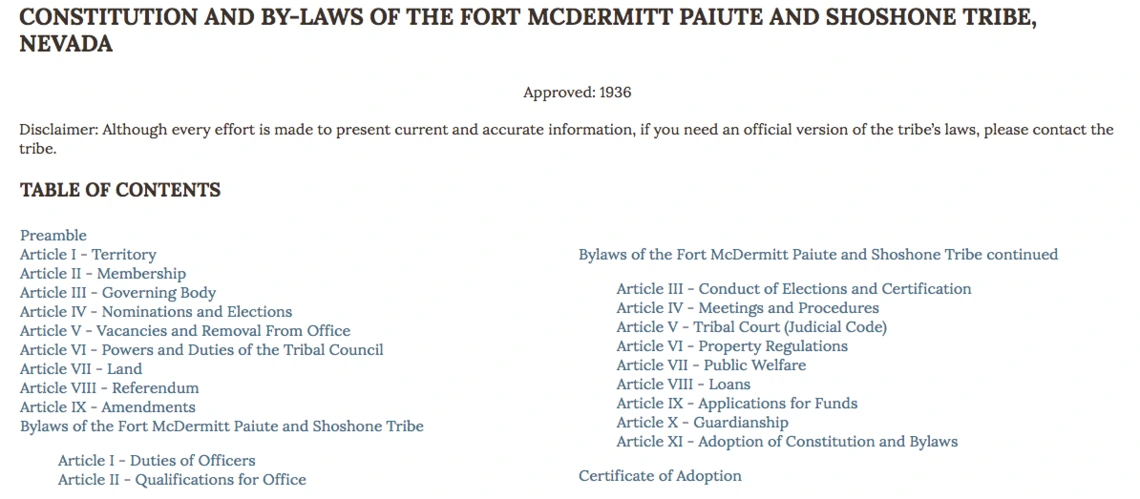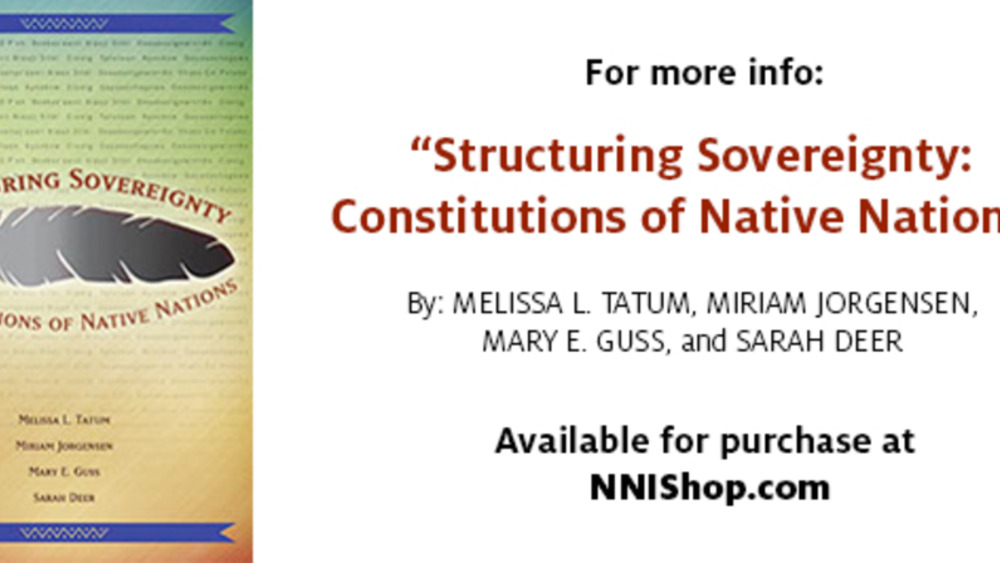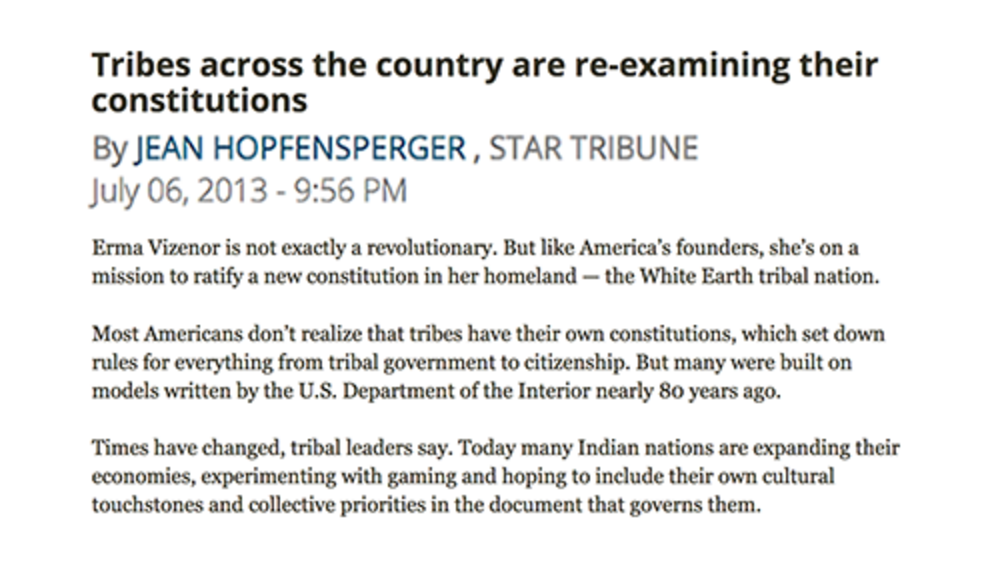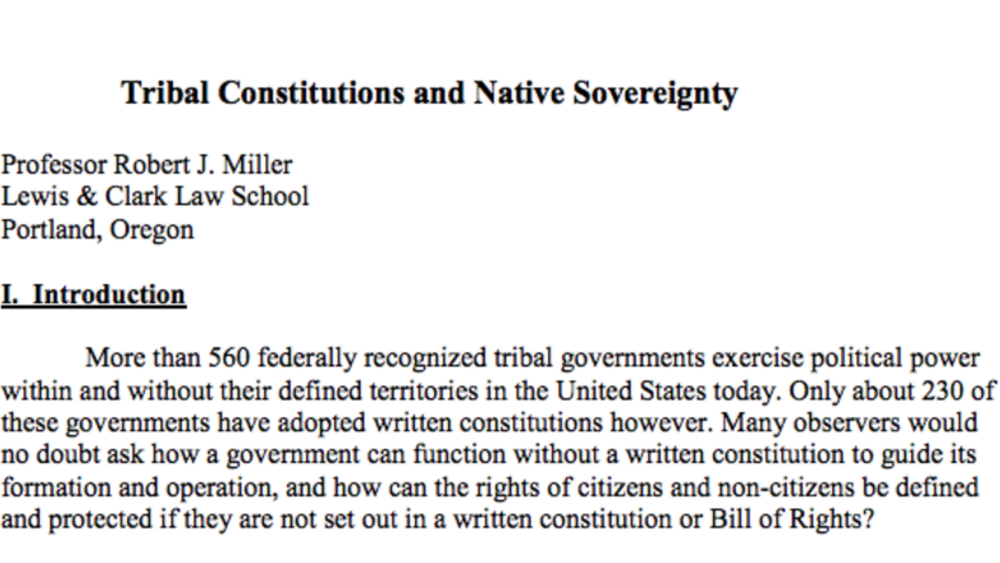ARTICLE II -- MEMBERSHIP
SECTION 1. The membership of the Fort McDermitt Paiute and Shoshone Tribe shall consist of-- (a) All original allottees at Fort McDermitt, and such of their descendants as do now maintain a bona-fide residence on the former Fort McDermitt Military Reserve. (b) Every child of one-fourth or more Indian blood both of whose parents are members of the Fort McDermitt Paiute and Shoshone.
SEC. 2. The Tribal Council shall have the power, by an affirmative vote of two-thirds of its members, to admit to tribal membership: (a) Any person of one-quarter or more Paiute or Shoshone Indian blood. (b) Any person of one-half or more Indian blood married to a member of the Fort McDermitt Paiute and Shoshone Tribe.
SEC. 3. (a) The Tribal Council shall cancel the membership of any adult person who makes application to sever his tribal relations, and thereafter such person shall cease to hold membership in the tribe (b) The Tribal Council may by a two-thirds vote cancel the membership of any person who has not lived within the jurisdiction of the tribe for at least 1 year during the preceding 3 years, provided that this power shall become effective 1 year after the adoption and ratification of this constitution.
Additional Information
Fort McDermitt Paiute and Shoshone Tribe. 1936. "Constitution and By-Laws of the Fort McDermitt Paiute and Shoshone Tribe." McDermitt, NV.




